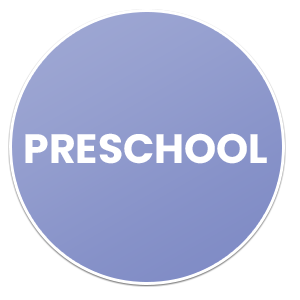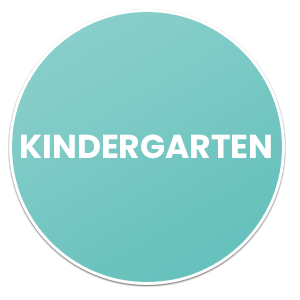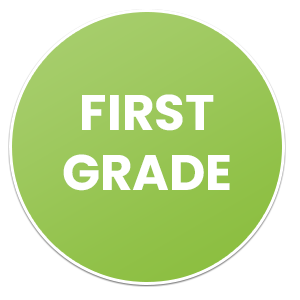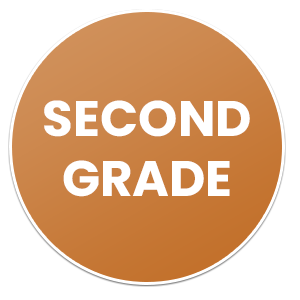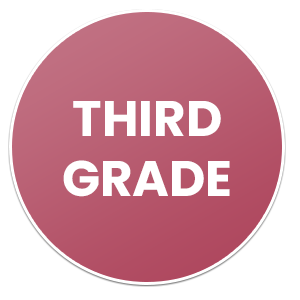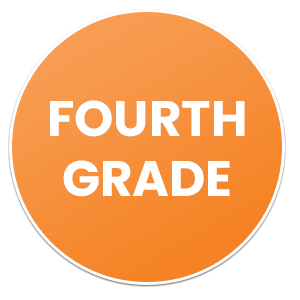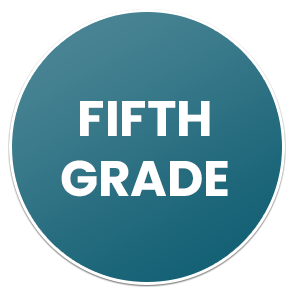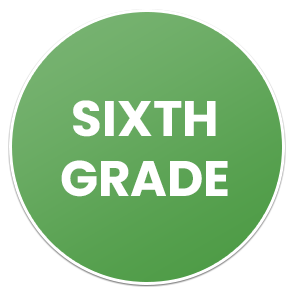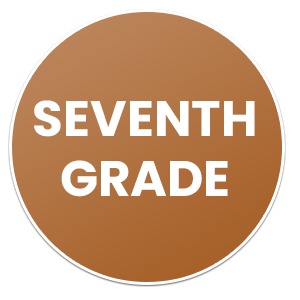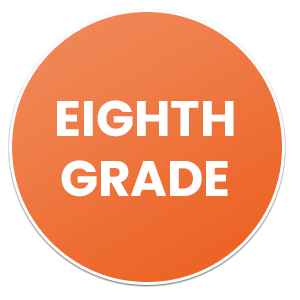- Home
- Homeschool Curriculum
- Grades
- Kindergarten
How to Teach Kindergarten
Kindergarten Homeschool Curriculum
Are you considering homeschooling your kindergartener and feeling a bit overwhelmed by the idea of choosing the right curriculum? Don’t worry, you’re not alone! Homeschooling in kindergarten can be both rewarding and challenging, but with the right resources and information, you can create a fun and effective learning experience for your little one. In this blog post, we’ll explore everything you need to know about choosing the best kindergarten homeschool curriculum to foster your child’s love for learning. Let’s dive in!
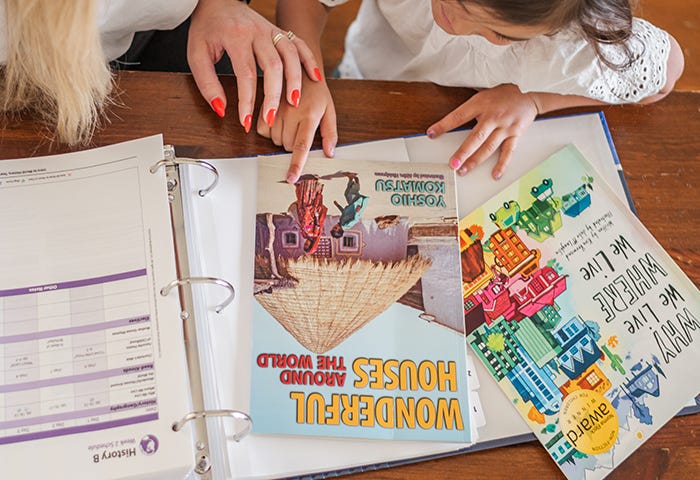

How Hard is Homeschooling In Kindergarten?
Homeschooling in kindergarten may seem daunting at first, but it can also be incredibly rewarding. The challenge lies in finding the right balance between structured learning and flexibility to cater to your child’s needs. Kindergarteners are naturally curious and eager to learn, making this a great age to start homeschooling.
One of the main challenges is creating a daily routine that keeps your child engaged and focused. Finding activities that hold their interest while still meeting educational goals can require some creativity on your part. It’s important to remember that every child learns differently, so what works for one kindergartener may not work for another.
Navigating through different teaching styles and methods can be overwhelming, especially if you’re new to homeschooling. However, with patience, perseverance, and a bit of trial and error, you’ll find what works best for your little learner. Remember, the journey of homeschooling in kindergarten is as much about growth and discovery for you as it is for your child!
How Do I Legally Homeschool Kindergarten in My State?
Starting to homeschool in kindergarten is a wonderful opportunity to take charge of your child’s education. Before you begin, it’s essential to research the laws and regulations for homeschooling in your state. Each state has its requirements, so it’s crucial to familiarize yourself with them before starting your homeschooling journey. Here are a few steps to help you get started:
1. Research the laws: Each state has its own laws and regulations for homeschooling, so it’s important to research and understand them before beginning. Most states require parents to submit a letter of intent to homeschool, while others may have additional requirements.
You can find this information by visiting your state’s Department of Education website or checking out BookShark’s How To Homeschool in Your State Here.
Choosing a Kindergarten Homeschool Curriculum
When it comes to choosing a curriculum for kindergarten homeschooling, there are several factors to consider. First and foremost, you’ll want to look for a curriculum that aligns with your child’s learning style and interests. Some children thrive with hands-on activities, while others prefer more structured lessons. With BookShark’s age-range levels, we move away from the conventional grade system, understanding that kids grow at their own rates. This adaptable approach lets you select a homeschool curriculum that matches your child’s unique growth, allowing them to excel at their own pace. Moreover, BookShark is designed to be used with multiple children of different ages.
Subjects to Teach for Kindergarten
Teaching kindergarten subjects at home is an exciting journey filled with possibilities.
Reading and literacy are fundamental skills for kindergarteners. Introduce them to the magic of storytelling, phonics, and sight words.
Mathematics can be made fun through hands-on activities like counting objects, learning shapes, and basic addition and subtraction.
Science exploration in kindergarten can involve simple experiments on topics like plants, animals, weather, and the environment.
Introducing art allows children to express their creativity through painting, drawing, crafting, and exploring different textures. Electives can play an important role in a child’s growth. Music, physical education, foreign language, and other subjects can be incorporated into your kindergarten curriculum as well.
Don’t forget about social studies and history. Children at this age are curious about the world around them, so introduce them to different cultures, traditions, and historical events! The literature-based kindergarten curriculum from BookShark is a great option for incorporating history and social studies into your child’s learning. Teach them about community helpers, holidays, maps, and basic concepts of society.
Physical education is essential for their overall development. Encourage active playtime both indoors and outdoors to keep them healthy and energetic.

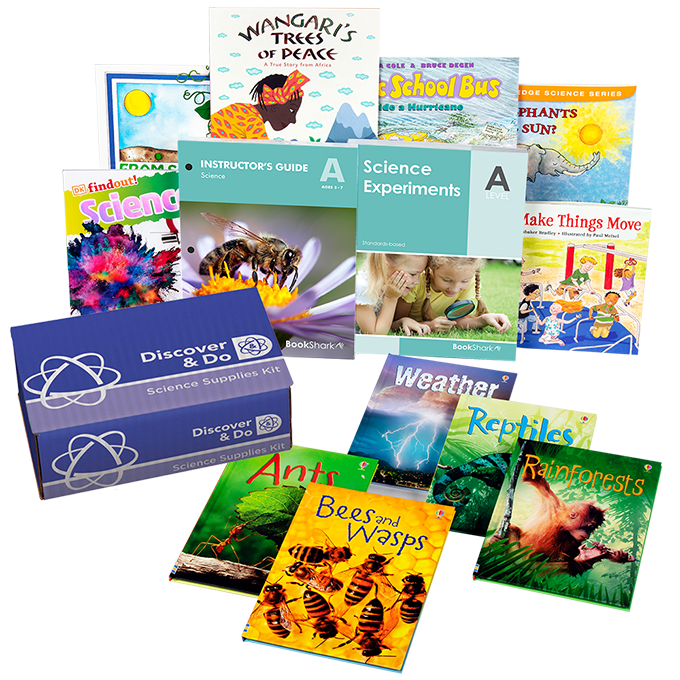
What Kind of Science do Kindergarteners Need to Learn?
Science for kindergarteners should be all about exploration and discovery. It’s not about memorizing complex theories, but rather sparking curiosity and a love for learning.
At this age, children can learn basic scientific concepts through hands-on activities like observing nature, conducting simple experiments, and asking questions about the world around them.
Topics like plants, animals, weather, and the five senses are great starting points for introducing young minds to science. Encourage them to use their senses to observe and describe what they see, hear, smell, touch, and taste. BookShark’s Kindergarten Science curriculum is a great resource for introducing these concepts in a fun and engaging way. Our kindergarten science curriculum also includes activities and experiments that can be easily done at home with everyday materials. BookShark’s Kindergarten Science package contain all of the 36 weeks of lessons for your child, including science experiments, books, and a schedule.
Engaging in activities such as planting seeds and watching them grow or exploring the properties of different materials can help build a strong foundation for future scientific knowledge. Remember that at this stage it’s more important to nurture their natural curiosity than to focus on academic achievements.
Which Math Is Right For Kindergarten?
When it comes to choosing the right math curriculum for kindergarten homeschooling, simplicity and hands-on learning are key. Look for a curriculum that introduces basic concepts like counting, shapes, patterns, and simple addition and subtraction. See a math assessment for kindergarten here.
Interactive activities such as using manipulatives like blocks or counters can make learning math fun and engaging for young learners. Incorporating games, songs, and real-life examples can also help solidify mathematical concepts in their minds.
Consider a kindergarten homeschool curriculum that aligns with your child’s individual learning style – whether they learn best through visual aids, auditory cues, or hands-on experiences. Flexibility is important in allowing children to explore math at their own pace while building a strong foundation for future learning.
BookShark offers several math options; Math-U-See, Singapore, RightStart and Saxon math. Each level is designed to meet the specific needs of your child and includes manipulatives, lesson plans and assessments to help you provide a well-rounded math education.
Remember that at this stage, the goal is not mastery but rather laying a solid groundwork for more advanced math skills in the future. By making math enjoyable and accessible, you can foster a love for numbers in your kindergartener from an early age.
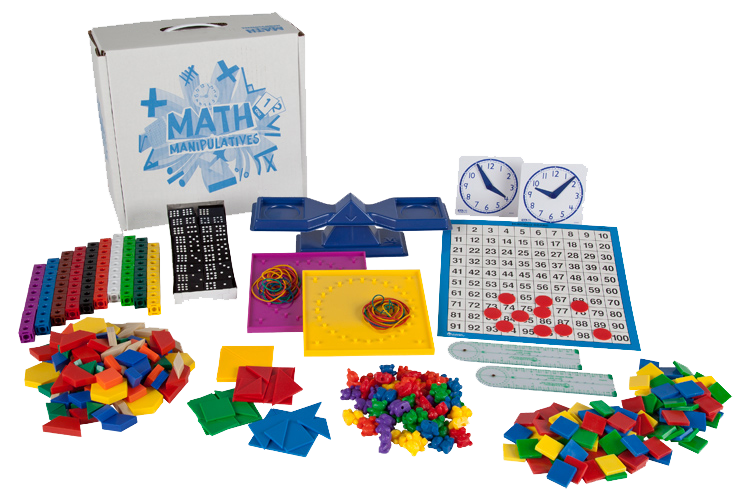
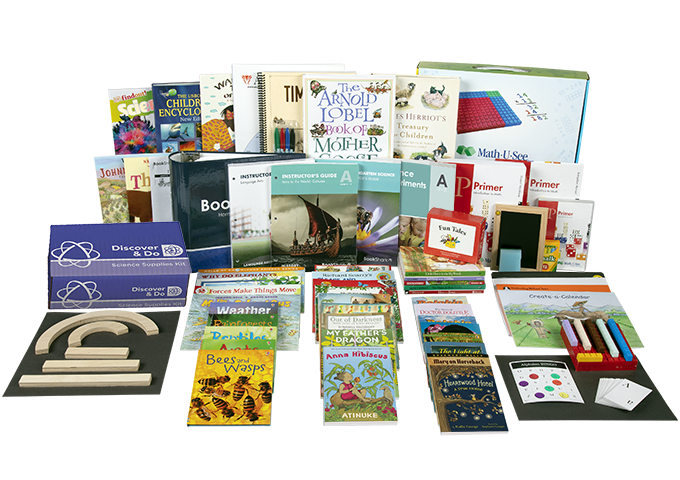
Best Homeschool Kindergarten Curriculum
When it comes to choosing the best homeschool kindergarten curriculum for your child, there are several factors to consider. You’ll want a curriculum that is engaging, age-appropriate, and aligns with your educational goals. Look for a program that covers all essential subjects like math, reading, science, and social studies.
Consider your child’s learning style and interests when selecting a curriculum. Some children thrive with hands-on activities while others prefer visual or auditory learning methods. Take into account any special needs or preferences your child may have.
It can be helpful to read reviews from other homeschooling parents to get an idea of what has worked well for their kindergarteners. Remember that every child is unique, so what works for one may not work for another.
The best homeschool kindergarten curriculum is one that keeps your child engaged and excited about learning while providing a solid foundation in key academic areas. BookShark is complete all in one homeschool kindergarten curriculum that includes all necessary subjects and is designed to be engaging and hands-on for young learners.
How Do I Make a Kindergarten Lesson Plan?
Fostering learning and creativity in your kindergartener is essential for their development. Encouraging exploration through hands-on activities like painting, building blocks, gardening or even a second language can spark their curiosity and imagination.
Create a stimulating environment at home by setting up a designated learning space with colorful posters, educational toys, and books that cover a variety of subjects.
Incorporating music, dance, and outdoor play into their daily routine can help them learn new skills while having fun. Allow your child to ask questions freely and guide them towards finding the answers through interactive discussions or simple experiments.
Embrace mistakes as learning opportunities and celebrate small victories to boost your child’s confidence. Remember, every child learns at their own pace, so be patient and supportive throughout their homeschooling journey.
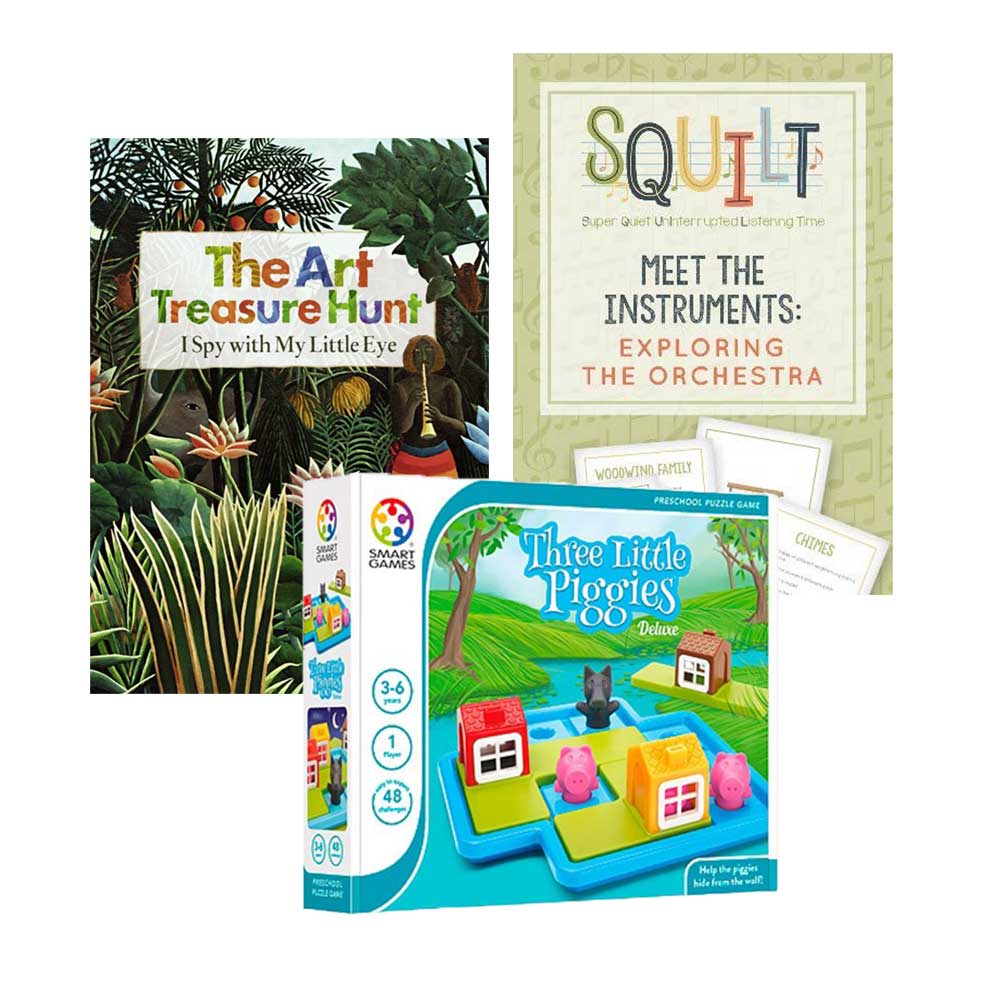
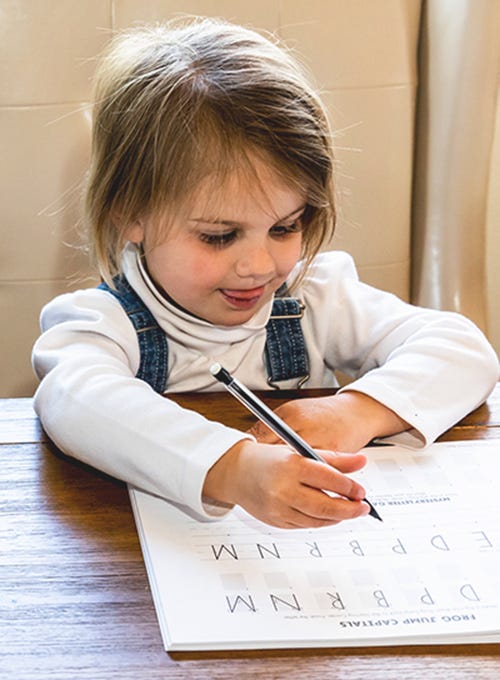
The Benefits of Teaching an All-In-One Homeschool Curriculum
Teaching an all in one kindergarten curriculum can offer several benefits for both you and your child. It can save you time and stress by providing a complete curriculum that covers all essential subjects, eliminating the need for piecing together different materials. This can also save you money in the long run. Having a cohesive kindergarten curriculum can also provide structure and direction, making it easier for you to plan and teach lessons. It can also ensure that your child is receiving a well-rounded education that covers all necessary skills and concepts.
Additionally, using an all-in-one curriculum can help your child develop a sense of continuity and familiarity, which can be beneficial for their learning and retention. This can also make the transition to higher grade levels or traditional schooling smoother.
How Do I Teach Kindergarten In My State?
Teaching kindergarten at home can be a rewarding experience for both you and your child. You can create a nurturing environment that fosters learning and creativity with the right kindergarten homeschool curriculum and approach. Remember to tailor your teaching methods to suit your child’s individual needs and interests, making learning fun and engaging along the way.
As you embark on this homeschooling journey, don’t forget to check the specific requirements for teaching kindergarten in your state. Each state has its own regulations regarding homeschooling, so it’s essential to familiarize yourself with these guidelines to ensure compliance.
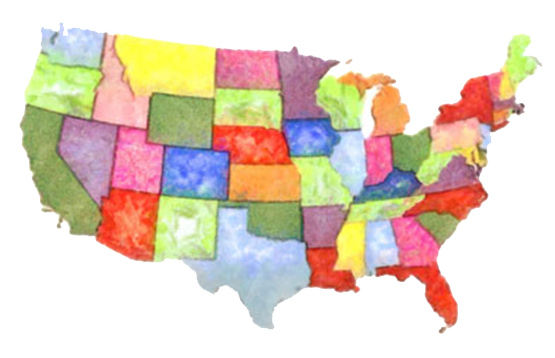
By providing a solid foundation in key subjects like math, science, language arts, and more, you can help set your kindergartener up for academic success in the years ahead. Embrace the flexibility of homeschooling to personalize your child’s education and make the most of this formative time together. Enjoy watching your little one grow and thrive as they explore new concepts and develop important skills through a well-rounded kindergarten homeschool curriculum tailored just for them.
Frequently Asked Questions
What should Kindergarteners know at the end of the year?
By the end of kindergarten, children typically achieve key milestones across several areas. In language and literacy, they know letter names and sounds, recognize rhyming words, read basic sight words, and write simple words and sentences. In mathematics, they can count to 100, recognize numbers 0-20, perform basic addition and subtraction, identify shapes, and understand measurement concepts. Social and emotional development includes following rules, sharing, expressing emotions appropriately, and cooperating with peers. Physical development involves using tools like scissors and demonstrating balance and coordination. In science and social studies, they show curiosity about the environment and understand basic concepts about weather, plants, animals, and community helpers. Art and creativity milestones include participating in art projects, singing songs, and engaging in movement activities. These achievements prepare children for a smooth transition to first grade.
Is Kindergarten a good year to start homeschooling?
Yes, kindergarten is an excellent year to start homeschooling. It allows for personalized learning at your child’s pace, focusing on foundational skills in reading, writing, and math. The home environment provides a comfortable, flexible setting that reduces anxiety and fosters a love for learning. Parents can be directly involved, strengthening the parent-child bond and closely monitoring progress. Socialization opportunities are available through homeschooling groups, co-ops, and extracurricular activities. Additionally, starting early helps establish a routine and can be more manageable legally and logistically. Overall, homeschooling in kindergarten can offer a strong, adaptable educational foundation tailored to your child’s needs.
